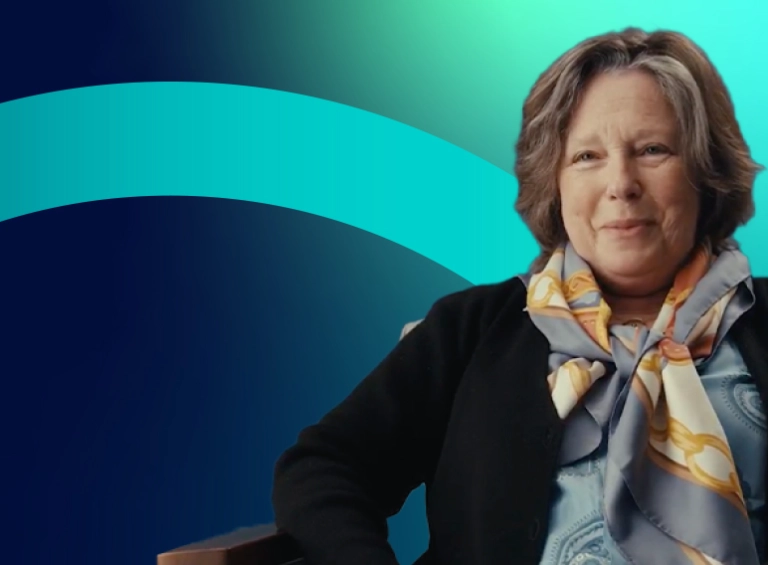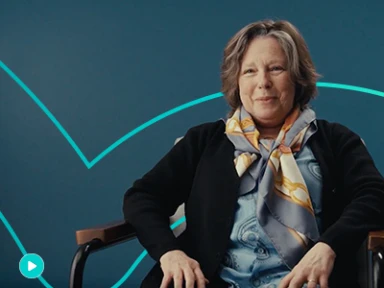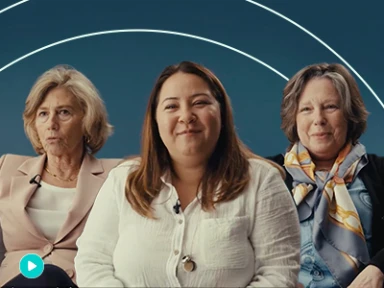- Faculty
- BR1DGE
Lucienne Chatenoud
Professor of Immunology, Institut Necker Enfants Malades-INEM, Paris, France
Education about T1D is especially important today so that patients and healthcare professionals can make the most of the increased availability of diagnostic and therapeutic tools
Lucienne Chatenoud is a French immunologist and has been a Professor at the University of Paris Descartes since 1999. She was the former Head of the Immunology Laboratory at Hôpital Necker-Enfants Malades and Senior Professor at the Institut Universitaire de France from 2007-2017.
Prof. Chatenoud graduated in medicine from the University of Milan in 1979, she then specialized in nephrology at the University of Paris Descartes until 1982. She received her doctorate in natural sciences in 1986 with a thesis on the diagnostic and therapeutic use of monoclonal antibodies against T lymphocytes. Her research is centered on unraveling the intricate immune mechanisms involved in transplantation and autoimmunity, with a strong focus on developing innovative strategies to induce and restore immune tolerance. Prof. Chatenoud has led the pioneering use of CD3 monoclonal antibodies as a potential treatment for autoimmune diabetes, an approach currently advancing in clinical development.
In recognition of her research achievements, Prof. Chatenoud was honored by the Juvenile Diabetes Research Foundation in 2005 with the Gerold and Kayla Grodsky Basic Research Scientist Award and the Mary Tyler Moore and S. Robert Levine Excellence in Clinical Research Award, among others. One year later, together with the American diabetologist George Eisenbarth, she received the Pasteur-Weizmann/Servier International Prize.




